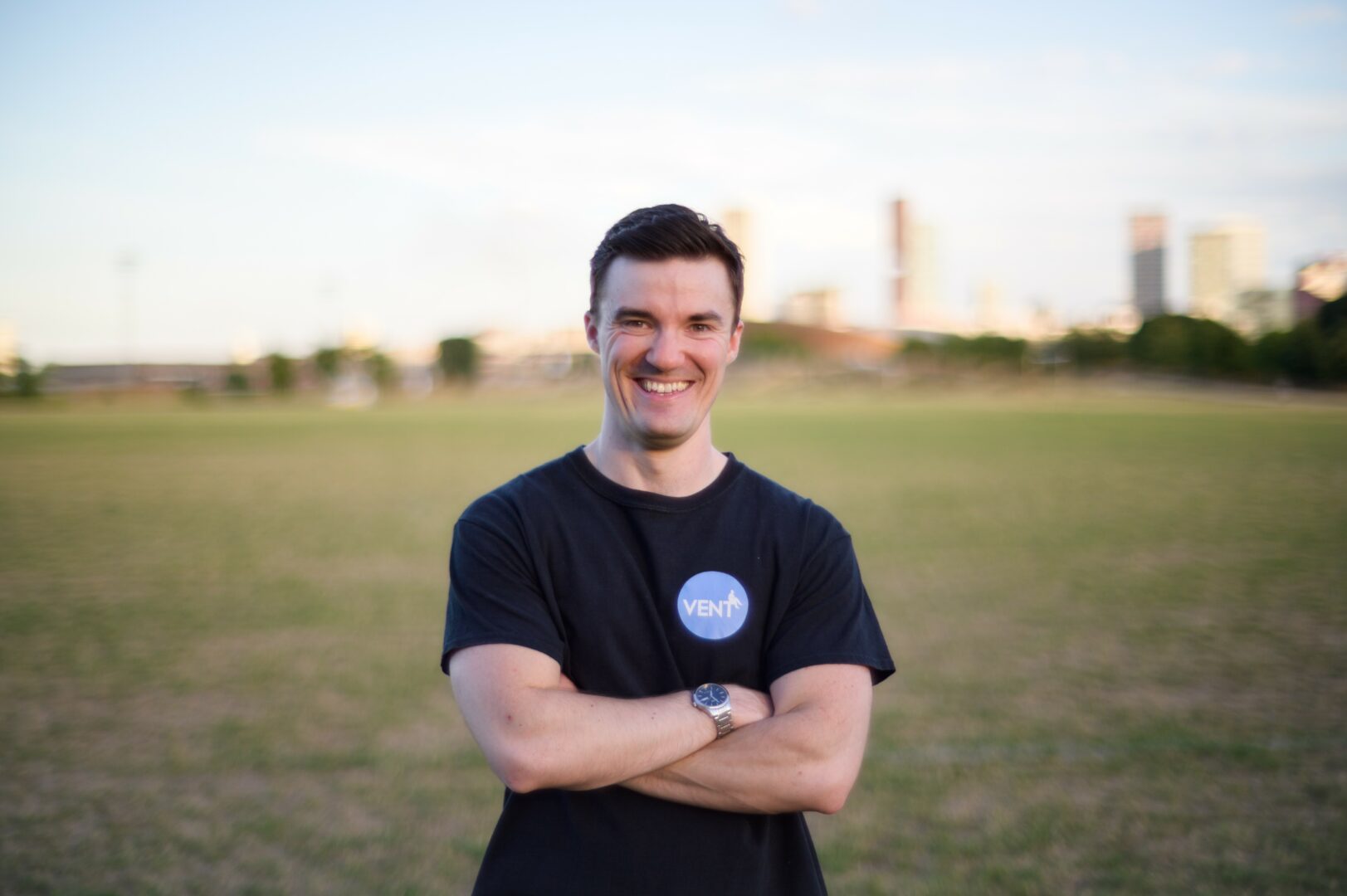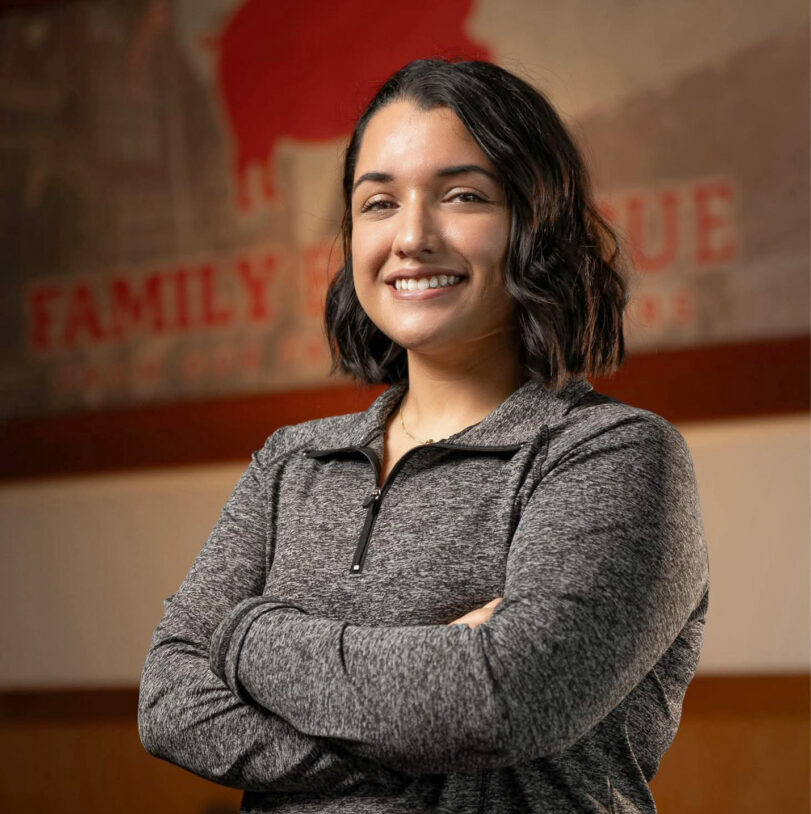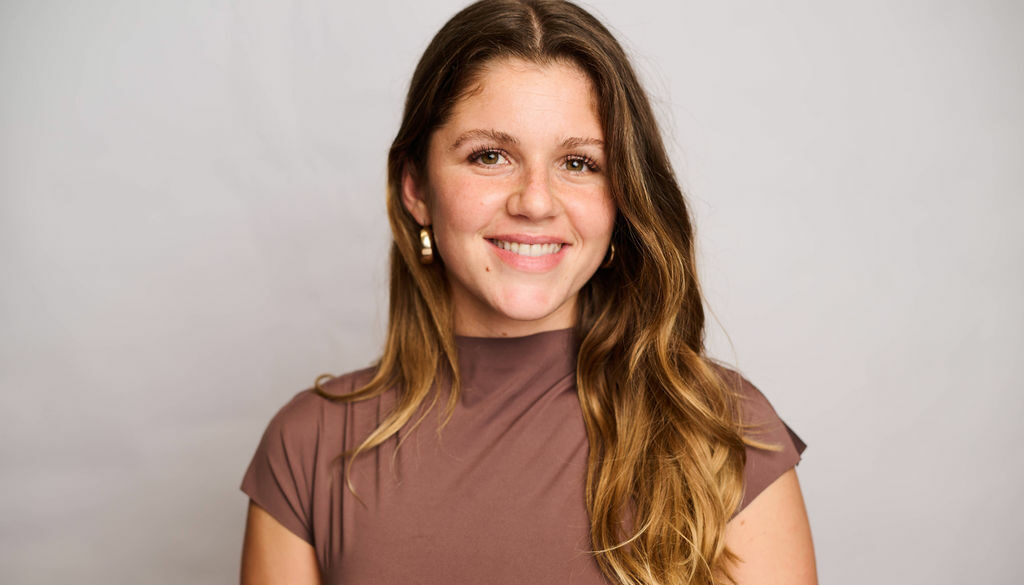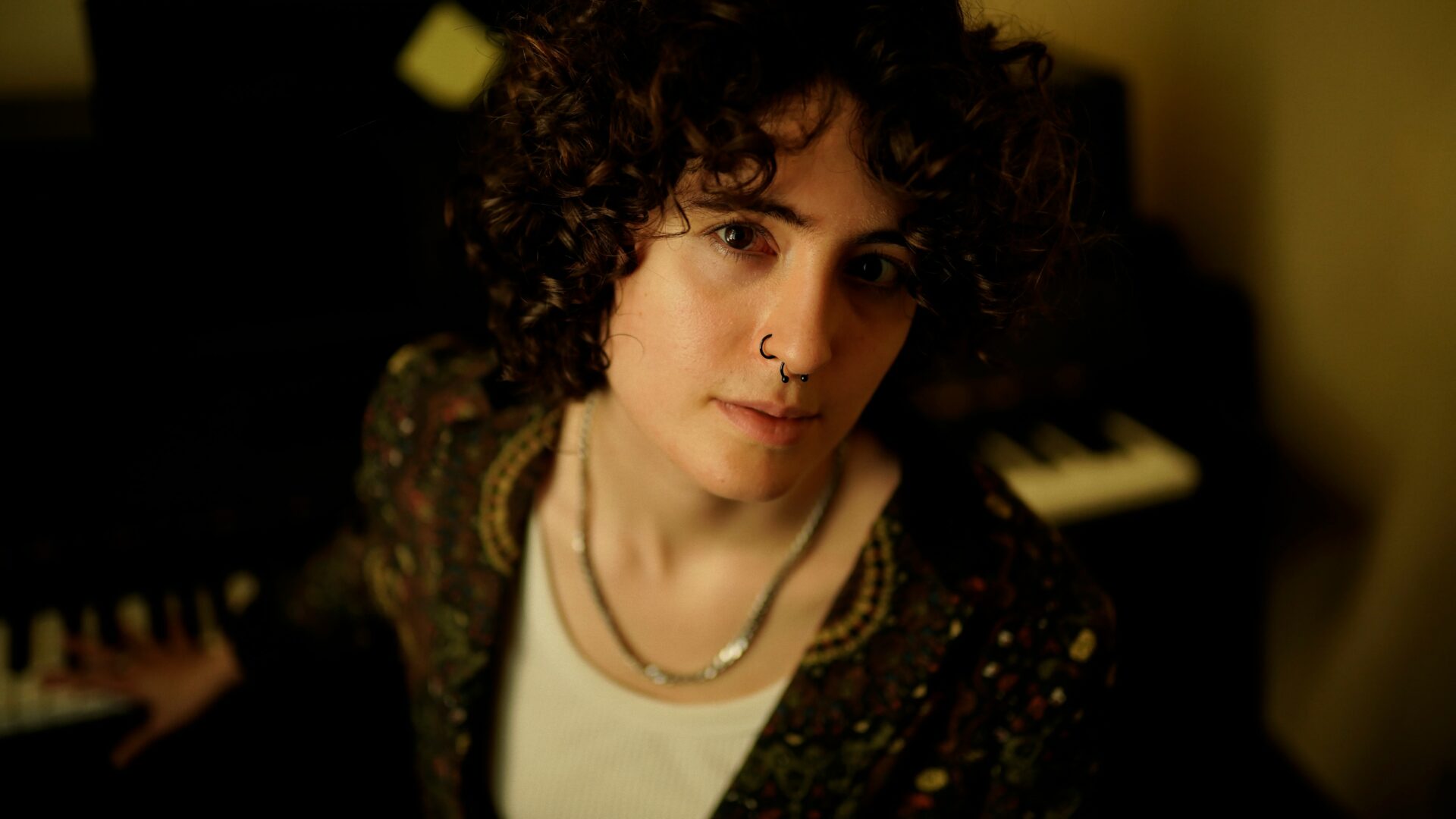Freddie Cocker shared their story and experiences with us recently and you can find our conversation below.
Hi Freddie, thank you so much for taking time out of your busy day to share your story, experiences and insights with our readers. Let’s jump right in with an interesting one: What makes you lose track of time—and find yourself again?
Reading. I love reading and in the last five years I have rediscovered the love of reading I had when I was a child, where I would read voraciously and at every opportunity I could find.
Every evening, I always try and read for at least 45 minutes to an hour before going to sleep. It also naturally shuts my brain down and tires me out, as I am someone who has a lot of energy throughout the day.
If I get lost in a great book, I can lose track of time and if I’m on the last 50-100 pages, I try and binge it in one session and get that great sense of satisfaction of finishing it, before I start the next book.
If you want to learn about yourself, learn about a particular issue or challenge the way you think, read and read a lot!
Can you briefly introduce yourself and share what makes you or your brand unique?
My name is Freddie Cocker and I’ve run a mental health platform called VENT for the last eight years.
VENT is a place where everyone, but especially men and boys can open up about their mental health issues, break down stigmas and start conversations.
As part of VENT, I have a website where people can write written articles or ‘experience’ pieces as I call them, a podcast called ‘The Just Checking In Podcast’ and an annual music night called ‘Just Checking In Live’.
Through the podcast I check in with people from all walks of life about their mental health journeys, as well as anything and everything else they are passionate about. If it helps that person with their mental health, we discuss it!
Since I started the podcast in April 2019, I have now published over 300 traditional episodes, and, through my four other standalone series for music artists (Behind The Mic), DJs and producers (Behind The Decks), sportspeople (Mind On The Game) and actors and those from the theatre and the arts (Reel Stories) respectively, over 400 total episodes!
My next music night is the seventh edition, being held on Saturday 29th November in East London!
Amazing, so let’s take a moment to go back in time. What did you believe about yourself as a child that you no longer believe?
I often believed as a child that everyone in my school and my peers were living this perfect life, where they had never made a mistake and were on a constant upward trajectory, because of the intensity of the bullying I received and the way they acted towards me.
I was constantly reminded of my mistakes by my bullies, which they used as a tool to publicly humiliate me in social situations. There were often the result of blurting things out or not understanding social cues or people’s intentions, which I now realise were traits related to autism, which I was diagnosed with in 2024 as a 30 year old, and ADHD, which I was diagnosed with in August 2025.
When I started VENT, and through giving men a voice on the website and listening to their stories on the podcast, I learned that everyone has made mistakes, everyone has a journey they are on and nobody’s perfect. Everyone is just doing their best to navigate life in the best way possible.
What have been the defining wounds of your life—and how have you healed them?
I have had so many wounds inflicted on me from the bullying that took me decades to heal from.
Thankfully, through a combination of intense therapy, including Cognitive Behavioural Therapy (CBT), Eye Movement Desensitisation Therapy (EMDR) and Rewind Therapy from the ages of 21-30, I have healed from the scars the bullying left me with.
In particular, being able to heal from the two incidents of sexual abuse I experienced as a child when I was around 8/9 years old and as an adult in September 2018 was monumental for me in owning my mental health, coming out of a victimhood mentality and releasing my childhood ‘protector’, which had helped me survive the bullying from the ages of 7-16, but was holding me back from progressing in life as an adult.
Supplementing the therapy I have done has been adopting a growth mindset, reading self-help books, physical exercise like the gym and running, and re-igniting the hobbies and interests which gave me joy when I was younger but I was shamed for by my peers, such as the theatre, dancing, and playing sport (even though my ability is admittedly not the best!).
I think our readers would appreciate hearing more about your values and what you think matters in life and career, etc. So our next question is along those lines. What are the biggest lies your industry tells itself?
That therapy is always the answer and that everyone should do it.
My life was transformed by therapy, but equally I know it will not work for everyone, especially men.
For those men who will be helped by it, we should help and encourage them to find the right therapist that will help them, and give them the resilience or as I call it ‘disclosure elasticity’ to be able to try a new therapist if one is not compatible with them. Often a bad therapy experience for a man can put them off therapy for decades, or even forever.
However, on the other hand, there are other forms of therapy which can be transformative for men, for example the ‘walk and talk’ method, which is mostly peer-to-peer but some therapists can also provide a walk and talk method too.
Walk-and-talk organisations like the Proper Blokes Club, Walk & Talk 999 and We Power On are saving the lives of the men who access them and great examples of this method in action.
For these men, things like being able to walk shoulder to shoulder, avoiding eye contact, having an objective whilst talking and being in nature takes the pressure off disclosure, generates trust and gives men the confidence and safety to disclose in a non-judgemental space.
There are other organisations like Men’s Sheds, Embers Woodcraft and UTurnBack2Basics which utilise nature, community and peer-to-peer support to help men’s mental health that also doesn’t involve traditional sit-down therapy but will work for a lot of men.
Okay, so before we go, let’s tackle one more area. Could you give everything your best, even if no one ever praised you for it?
I try and live by this mantra every day. I often say great men move in silence, whether that’s other men in this mental health space, dads, brothers, uncles, cousins, etc.
Almost every great man I have gotten to know and befriended in the men’s mental health space doesn’t care about awards, plaudits and accolades. They care about the impact they have on the men they support in their communities. I try and do the same.
Yes, it’s always nice to receive a great compliment or bit of feedback about VENT, but I don’t do it for that. I do it when I see the impact the podcast or VENT has had on a man who’s come on the podcast or checked in on an episode.
I see it when someone has owned their mental health journey, started advocating in their community or begun supporting others as a result of me helping them.
Every article or podcast I do I hope has caused a ripple in the proverbial swimming pool of that person’s life. The more ripples I create, hopefully the more impact I can have, and that is satisfaction enough for me to keep me going as long as I can physically and financially run VENT for.
Contact Info:
- Website: https://vent.org.uk/
- Instagram: https://www.instagram.com/venthelpuk/
- Linkedin: https://www.linkedin.com/in/freddiecocker/
- Twitter: https://x.com/VenthelpUK
- Soundcloud: https://soundcloud.com/venthelpuk
- Other: TikTok: https://www.tiktok.com/@venthelpuk
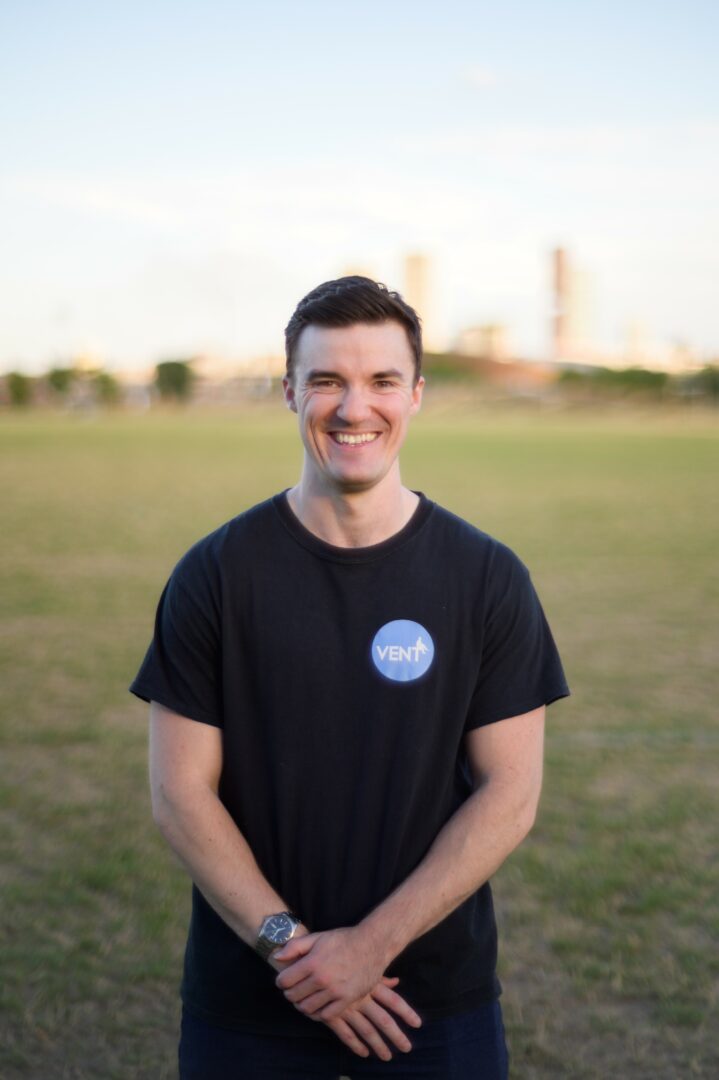
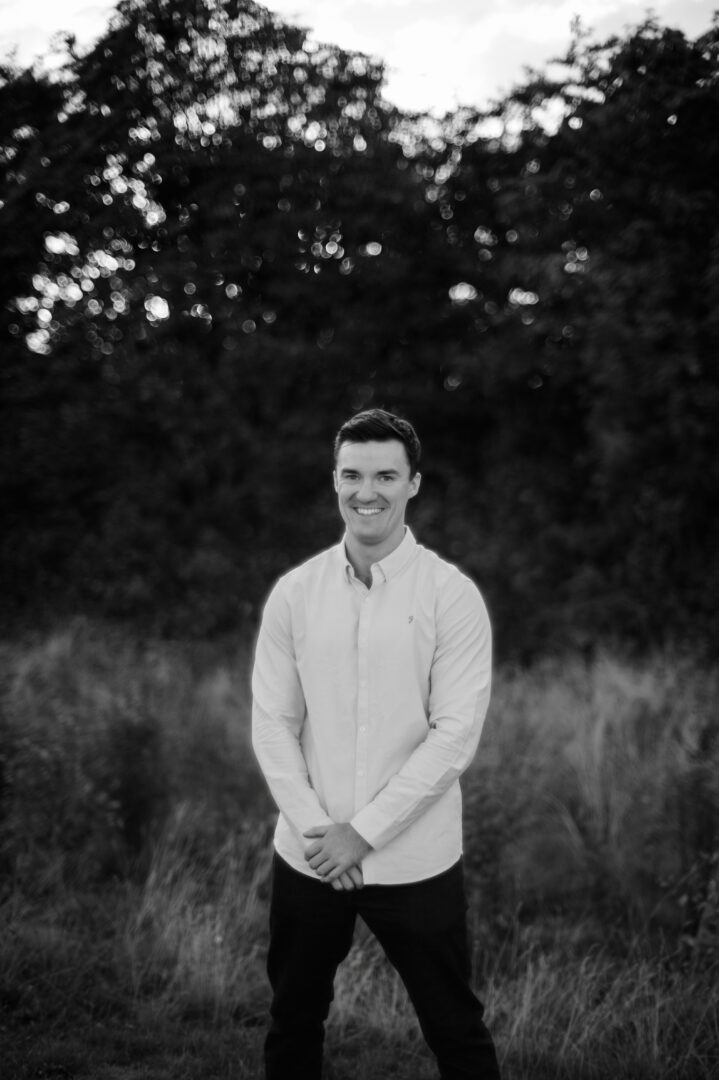
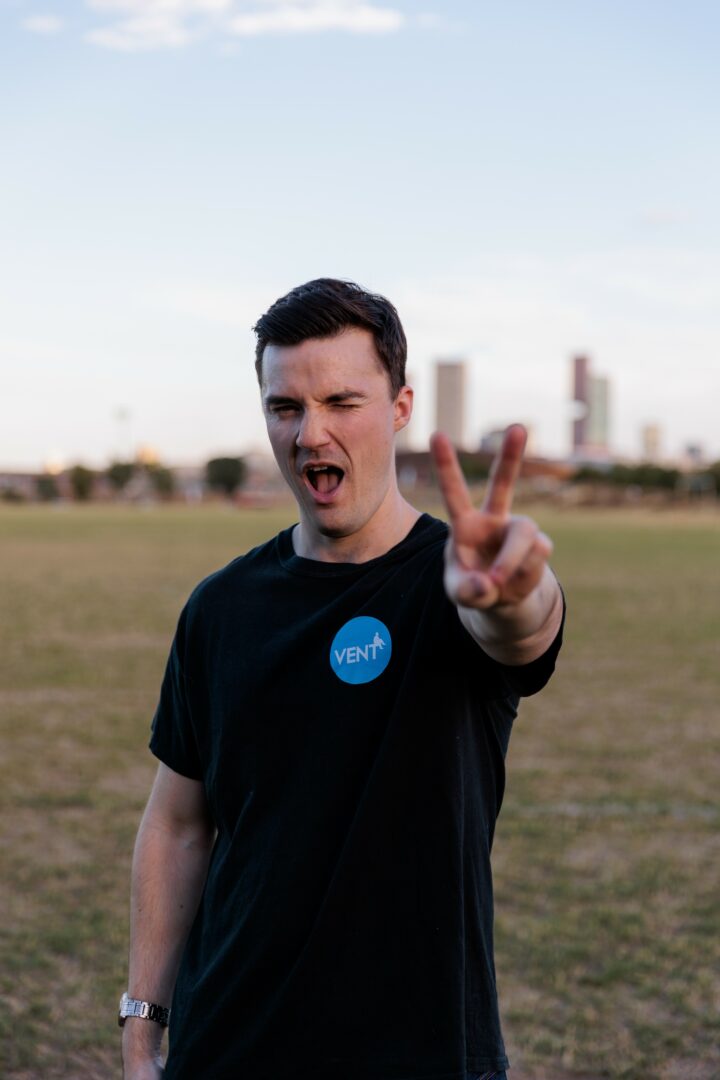
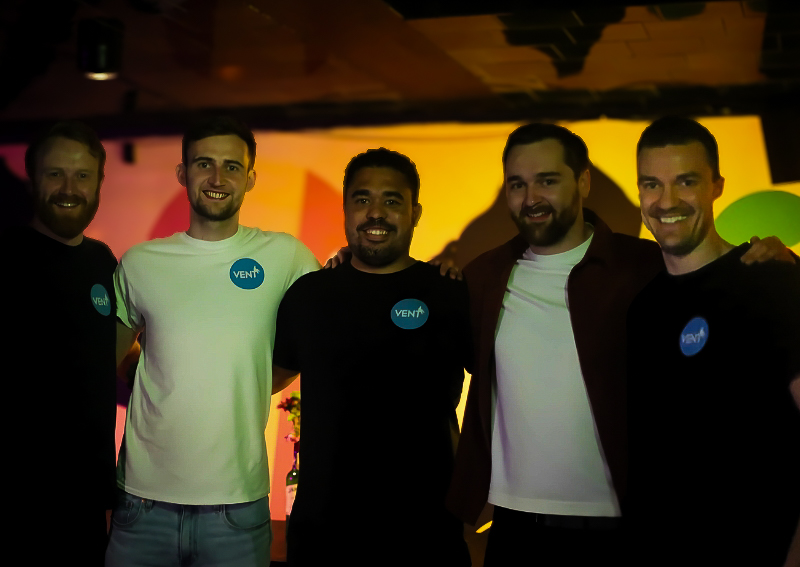
Image Credits
The LDN Perspective
William Jones-Warner
so if you or someone you know deserves recognition please let us know here.

